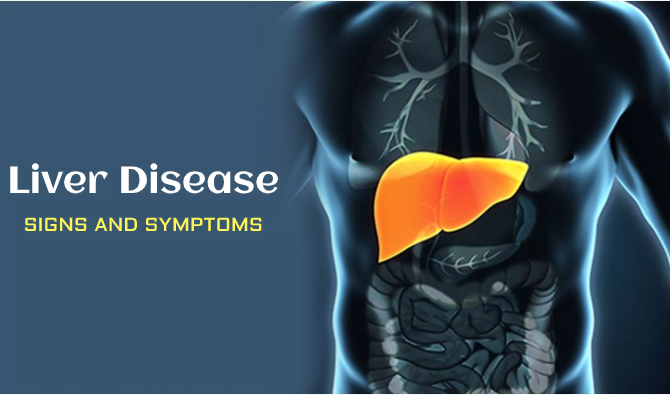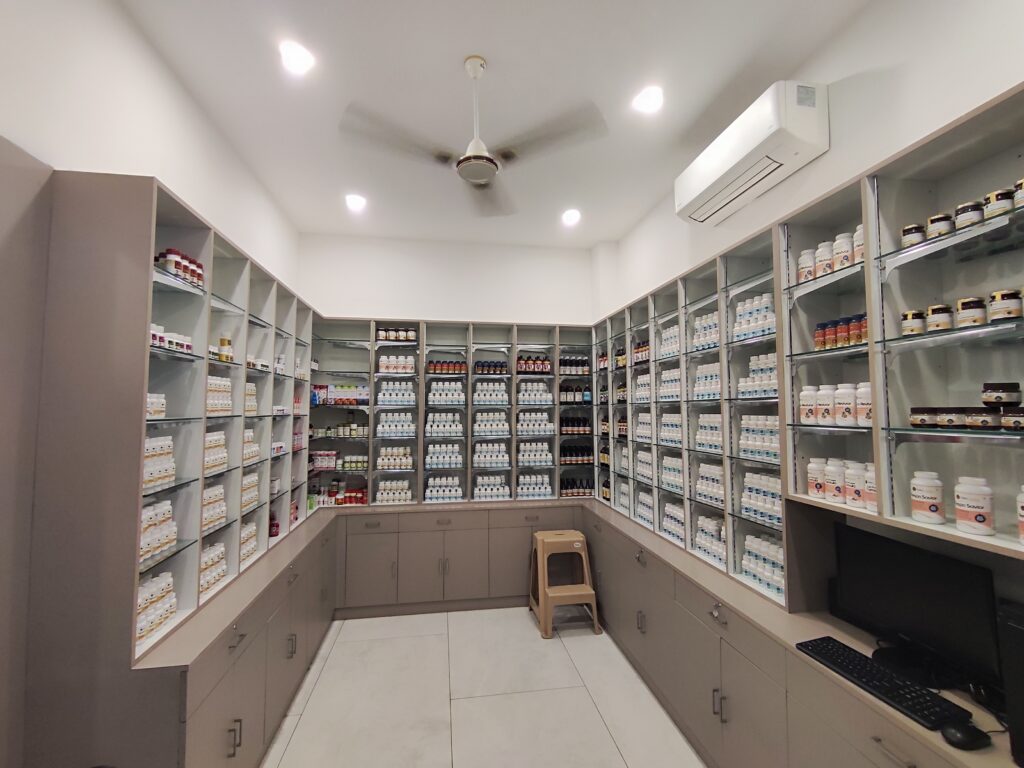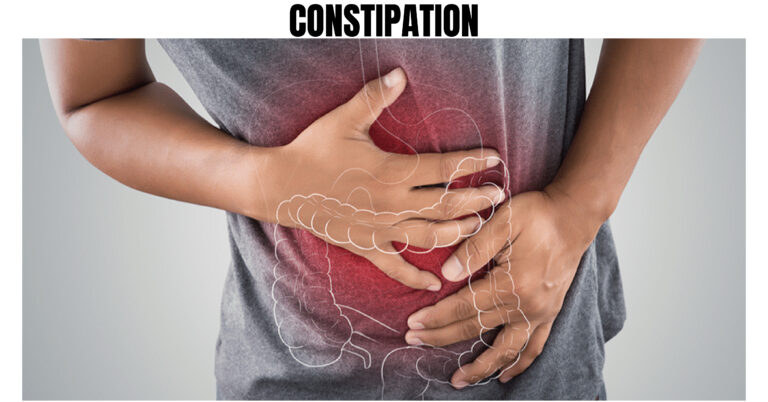Introduction
Malavsthambh or Vivandh (Constipation) also known as costiveness or dyschezia is the most common disorder of the digestive system where a person feels the sensation of incomplete evacuation or difficulty during defecation. It is a common disturbance of elderly people of age sixty plus where the use of laxatives is very frequent. Approximately 2.6 million people are affected by this most common digestive problem in India. Many other disorders also crop up if the bowel of a person is constipated. Constipation may be associated with generalized systemic disease or organic local lesions. In most cases, constipation (Vivandh) is a functional disorder caused due to delay in the passage of fecal matter (Kitta). According to Ayurveda Vivandh (Constipation) is a signal of blockage of Stratos (channels) and Vata imbalance. The large intestine in our digestive system is designed to hold stool for a certain amount of time. So holding it in the large intestine for more time and more amount is not a big deal, but the main problem is lack of bowel movements for a longer time sends wrong signals to the immune system, brain, etc which leads to severe complications like migraine, fecolith, fissures in and, etc. So there is an immediate need to look into this discomfort because if ignored or not treated on time may lead to various other disorders and complications.
Types of Vivandh (Constipation)
According to Ayurveda, two doshas are involved in constipation, and types of constipation depend on these two doshas:
• Vata Pardhan Vivandh: This type of stool is Shushka (Dry), Grathil (Granular) with symptoms like Shool (Pain is present), Pravahan (Flatulence)
• Vata-kapha Pradhan Vivandh: This type of stool is picchil (Slimy), sheethil (Loose) with symptoms like Pravahan (Flatulence), Adhodar-Guruta (Heaviness in lower abdomen), Mukha-Dourgandha (Foul smell from mouth) and Kshudha – alpata (less hunger)
Causes
Modern point of view:
Constipation is due to inadequate contraction in the bowel walls that expel stool and waste products. One another reason of constipation is when the large intestine absorbs too much water from stool which results in the hard and dry stool.
Causes that contribute to constipation are:
1. Most important is ignoring the urge to defecate
2. Low fiber diet
3. Ageing
4. Lack of exercise and Less mobility
5. Stress
6. More traveling
7. Inadequate fluid intake
8. Medications like anti-psychotic drugs, beta-blockers, iron and calcium supplements, calcium channel blockers, hypertension drugs, aspirin, anti-histamines, etc.
9. Secondary diseases like anal fissures, chronic renal failure, hypothyroidism etc.
10. Most common causes for chronic constipation are Parasites. In U.S. 50% of water supplied is contaminated with this parasite Giardia lambia which leads to constipation.
Ayurvedic point of view:
Vata, Pitta, Kapha are the three doshas that maintain equilibrium in the human body according to Ayurveda any imbalance in these three dhosas cause disintegration in body and lead to various disorders. Ayurveda classifies Vivandh (constipation) as a Vatic disorder, because Vata governs elimination and movement in our body. Vata (Vayu) is further of five types and one of them is Apana Vayu. Imbalance in Apana Vayu affect the working of muscles of intestine specifically colon movement and thus lead to constipation. Therefore, anything that aggravates Vata doshamainly Apan Vayu makes Vivandh (Constipation) worse.
The main etiological factors of Vivandh (Constipation) according to Ayurveda are:
Excessive intake of food with Rasas – Katu (Pungent). Kashaya (Astringent) and lavan (Salt)
Vishamashan (odd posture)
Langhan (Fasting)
Guru (Heavy meal)
Ruksha, Vistambhi, Picchil Bhojan (Fermented food)
Divaswapan (Sleeping in day time)
Ratrijagaran (Night awakening)
Ati-maithuan (Excessive sex)
Vega-vidharan (ignoring urge to defecate)
Mansik chinta vyagrata (Stress)
Agnimandya (Low digestive fire)
Atisheet padartha sevan (Taking excessive cold meal) etc.
Sign & Symptoms
Ayurvedic point of view
❖ Purisha nigraha (Unable to evacuate the stool)
❖ Pakwashaya school (pain in abdomen)
❖ Pindikaodvestana
❖ Shirashoola (Headache)
❖ Vatavarcha apravrutti (Incomplete evacuation)
❖ Adhamana (Bloating)
❖ Pratishaya (Rhinitis)
❖ Hrdavarodha (Discomfort in chest region)
❖ Parikartika (Itching in anal area)
Modern point of view
❖ Passage of hard stools
❖ Headache
❖ Straining during passing of stool
❖ Malaise
❖ Feeling of incomplete evacuation
Complications
Although constipation is rarely serious, but in chronic stage it may cause some complication:
❖ Hemorrhoids
❖ Rectal prolapse
❖ Hernia
❖ Spastic colitis
❖ Bowel obstruction
❖ Excessive straining may have dangerous effects on the coronary, peripheral arterial circulation along with cerebral circulation which may result in cardiac ischemia, syncope.
Physical and Psychological factors responsible for the disease
Physical factor responsible for disease:
Researches has shown that people who are physically fit, including those who are marathon runners are less likely to experience the problem of constipation then other people. People who spend lots of time in chair, white collar job person are at high risk of constipation.
Psychological factor responsible for diseases:
• Research study described in Expert Review of Gastroenterology & Hepatology Trusted Source, shows that stress contribute in many ways to cause constipation.
When Patient is in stress, hormone called epinephrine is released from adrenal gland, it divert the blood flow of body from intestine towards the vital organs like lungs, heart amd brain which lead to slow intestinal movements and constipation can occur.
• The body releases more corticotrophin-releasing factor (CRF) in the bowels when patient is in stress. CRF acts directly on the intestines, inflamed it slow down its process and lead to contipation.
Ayurvedic Line of Treatment
Imbalance in Vata Dosha mainly Apana Vayu make stool dry, hardened, dense, knotted and block the channels that is lower part of large intestine which results in rectal edema. With this Vata also disturbs Kapha and Pitta in their natural sites and other Dhatus like Ras will also vitiated.
So Mridu Snehana i.e mild oleation is done Abhayantra (internally) or Bahaya (externally). Different ghee like Sukumar Ghrita, Til Taila, Mahanarayana Taila is used for oleation.
Sukh virechak and Vataanuloman Aushad (Laxatives) are given along with Guda Varti(suppositories)
ROZ OUT a special herbal formulation that gives excellent result in Vivandh(Constipation) as it is a combination of herbs that are laxatives, do internal oleation and helps to balance and cure the root cause of constipation.
Pathya and Apthya in Vivandh (Do’s and Dont’s)
Pathya – Raw green vegetables, milk, mushroom, orange, figs, celery, corn, legumes Walking, Yogasanas
Apathya – Makhana (Fox-nut), Jamun, Falsa (grewia asiatica)
Ayurvedic Treatment
HERBS:
Isabgol (Plantago Ovata ) 3-6g with luke warm water or hot milk at bed time.
Aargvadh (Cassia Fistula) 1-2g with luke warm water at bed time.
Haritaki (Terminalia chebula) 3g with luke warm water at bed time.
Draksha (Vitis vinifera), seena leaves (Cassia angustifolia), yastimadhu roots (Glycyrrhiza glabra), Saunf (Foeniculum vulgare), Jeera seeds (Cuminum cyminum), Patola (Tricosanthesdioica), Katukarohini (Picrorrhiza kurroa) and various other herbs like Ficus carica, Sesamum indicum, Malus domestica, Brassica oleracea, Ricinus communis are important herbs that are used to treat constipation.
Danti (Baliospermum montanum), Trivit (Operculina turpethum ) and Jayapal (Croton tiglium) are the herbs useful in severe constipation.
Diet & Lifestyle improvement
Dietary adjustment
• Adequate Fibre supplementation is the first line of therapy for normal or slow transit constipation.
• Vegetables, mucilages, corn, cellulose followed by Wheat bran is the effective supplement.
This dietary habit is best for simple constipation but will not give improvement in obstructive constipation.
At least – four pints of fluid daily is necessary.
Some Home remedies:
1. For cleaning the digestive system, regular drinking water is essential.
2. 1 Tsp of Cow’s Ghee with one cup approx..150ml of w
3. Luke-warm water is highly effective against mild constipation.
4. Aloe vera pulp if used regulary in diet prevents hard bowels
5. Regular Copper vessel water is effective in the treatment of constipation.
6. Linseed is helpful in curing difficult cases of constipation.
7. For curing constipation cold friction bath is useful.
8. Pear and grape are regraded as one of the best laxative fruit. Grapes contain organic acid, cellulose and sugar that makes them very effective laxative.
9. Banana, Jamun and jackfruit should be avoide during constipation.
When to see a Doctor
These three types of stool shown in images are considered as constipated.
If one see stool as shown in image then consider himself or herself constipated.
Along with this if one feel
1)Straining more then 25% during bowel movements
2) Hard and lumpy stools more then 25% of bowel movements
3) Sensation of incomplete evacuation of stool for more then 25% of bowel movements
4) Sensation of ano-rectal blockage for more then 25% of bowel movements
Conclusion
“ROGA SARVE API MANDAGNI JAYATE”- Ayurveda emphasizes root cause of all disease is the weak state of Agni. Agni is the metabolic and digestive fire of the body. Agni leads to various metabolic disturbances as well as gastrointestinal disorders. So if we want to rule out any disease Agni should be treated and strengthened first. Many other diseases crop up with constipation so this disease should never be ignored and treatment of underlying causes should be done. Proactive changing your diet habits and lifestyle to prevent dependency on laxatives as overuse for longer period worsen constipation.
Author Bio

Dr. Suhas Sakhare
(MD(Ayu),DYT,PhD Scholar)
View Profile
Revied By

Dr. Sanjoni Sharma
BAMS, Ayurvedic Nutritionist
View Profile













[…] Ayurveda classifies Vivandh (constipation) as a Vatic disorder. Checkout Constipation Symptoms, Causes, Herbs, Ayurvedic View, and Treatment […]